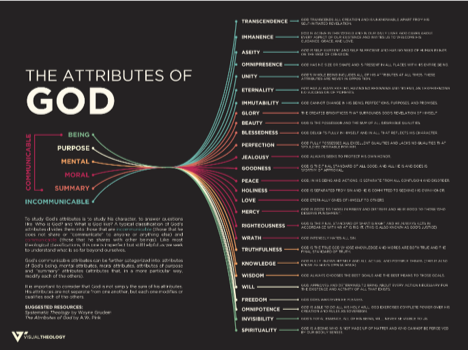Necessary Evils?

Why did you go into teaching? I can guess that it was not because you like to grade papers, clean your classroom or make phone calls home to parents. In fact, you might say those tasks are necessary evils of our work as teachers.
Have you ever stopped to consider how our Christian worldview informs how we work, particularly the tasks we don’t like. Most of us have wrestled with how a Christian worldview informs how and what we teach, but how does it affect the way we work?

When we consider Genesis 1-2, we can see that work was actually created before the fall. Adam was tasked with caring for the Earth and naming the animals. He was invited to not only enjoy God’s work of creation but to join Him in it by creating further order and beauty. Therefore, work is sacred; it is good. But as we know, just one chapter later, sin entered the world and one of the results of the breaking of Shalom, is that from that point on work is cursed. The earth now pushes back and makes it difficult for us to work it. Thorns and briars get in our way and now work is toil.
Likewise, in our classrooms we have moments when the educational process is so good. Our teaching is full of creativity and passion. Our students are having those “light bulb” learning moments that invigorate us. But we all know that our tasks each day also include grading papers, not to mention sorting out late assignments, collecting field trip forms that are mangled in the bottom of a book bag, and tidying up our classroom. I’m sure you can come up with your own list of necessary evils. Is there Redemption for those pieces of our work? Or do we merely have to put our hand to the plow and toil?

I would like to assert the things we consider as necessary evils could be means of grace. First, they remind us that the world is broken and that even in our classrooms we do not reign supreme. We need God’s help to create order and beauty. These mundane tasks can be worship unto him. Secondly, they also allow us to model for our students how to do those things we would rather not do. Lastly, if we seek the Lord for his help with chores we dislike, maybe it would also remind us to seek him in the tasks we do like and with which feel more confident, so that we may see his glory in greater ways. After all, Paul tells us in Colossians that we aren’t working for earthly masters, but “it is the Lord Christ you are serving[1].”
Here are a few practical ideas of how to be faithful in the unlikable duties,
- Ask colleagues how they accomplish those everyday jobs, and don’t be afraid to steal what works!
- Incorporate a new routine that makes these necessary evils much less annoying
- Set a timer, work hard until the timer is up and take a break and come back to it
- Put those tasks first, while you have enough energy to do them efficiently and well
- Lastly, and perhaps most importantly, ask God to help you in all parts of your work. And then go a step further and give thanks in whatever you do[2].
By October, we are solidly entrenched in the school year with all the work that it entails. May we find the grace to move past calling these mundane tasks “necessary evils” and embrace the opportunity to bring a little touch of God’s goodness, order and beauty into all parts of our work.
Christy Biscocho, M.Ed.
Teacher Education Services
TeachBeyond
Photo Credits: Gradebook. David Mulder, via Flicker. CC2.0. Adam
and Eve in the Garden of Eden, Johann Wenzel Peter, public domain. Prayer. via Shutterstock.
[1] Colossians 3:23-24 NIV
[2] Colossians 3:17 NIV




